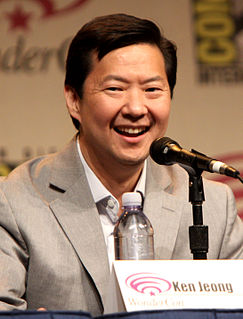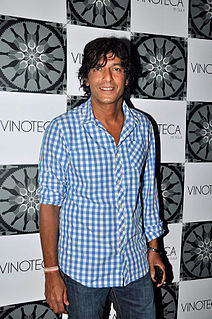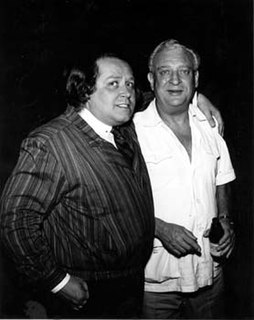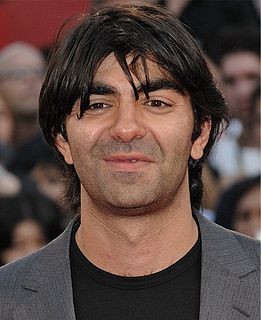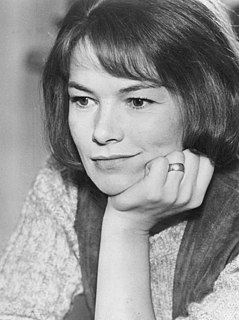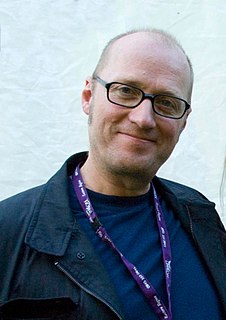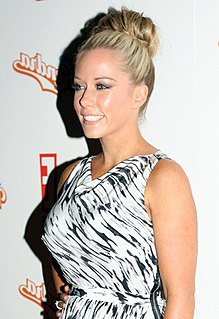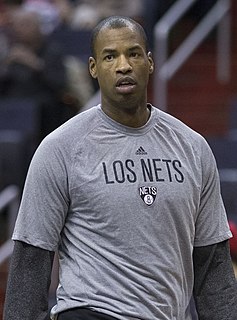A Quote by Ken Jeong
I think everyone's different but in comedy, I try to do my scene to make the director and the other actors laugh. If I can make them laugh and we have the same sensibility, then I'm on the right page.
Related Quotes
The first purpose of comedy is to make people laugh. Anything deeper is a bonus. Some comedians want to make people laugh and make them think about socially relevant issues, but comedy, by the very nature of the word, is to make people laugh. If people aren't laughing, it's not comedy. It's as simple as that.
The best way to make friends with an audience is to make them laugh. You don't get people to laugh unless they surrender - surrender their defenses, their hostilities. And once you make an audience laugh, they're with you. And they listen to you if you've got something to say. I have a theory that if you can make them laugh, they're your friends.
It's true that I don't think I'd be a good director. If I were a director, I'd try to hire the best people I could and then leave them alone. I don't know much about cameras or lighting, so I'd make sure that I had a really good cameraman who understood lenses and lighting, and I say to him, "This is the scene we have to shoot and this is what I think it should be, you go do it." Same with actors. But really, very good directors who know everything do basically the same thing. They hire you and then they leave you alone.
Even in the things that look most frivolous there has to be the threat of something quite painful to make the comedy work. I suppose the play of mine that's best know is NOISES OFF, which everyone thinks is a simple farce about actors making fools of themselves. But I think it makes people laugh because everyone is terrified inside themselves of having some kind of breakdown, of being unable to go on. When people laugh at that play, they're laughing at a surrogate version of the disaster which might occur to them.
